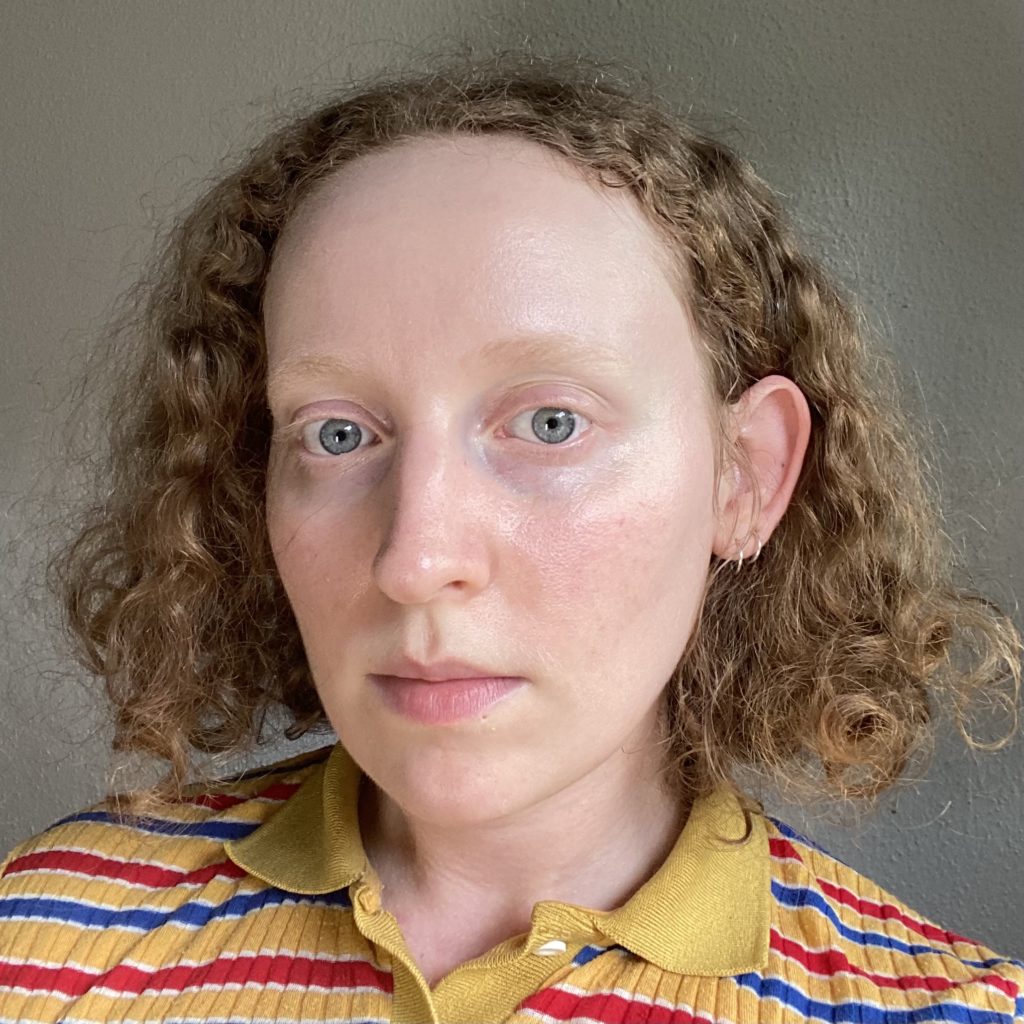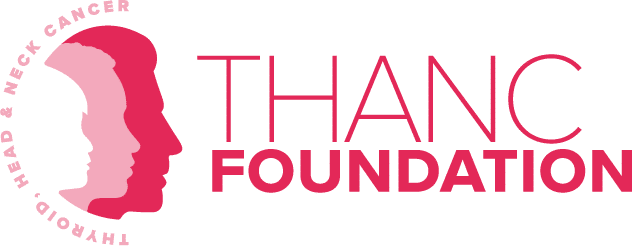
My thyroid cancer diagnosis came as a coincidence. My doctors noticed a small mass on my thyroid while performing an MRI to assess the source of my back pain. They told me masses like this were common and most often benign, but it would still be best if I saw an endocrinologist. I didn’t think much of it at the time. My mother had a history of benign thyroid nodules and I already knew I had Hashimoto’s thyroiditis. But a subsequent ultrasound and biopsy revealed that the nodule was, indeed, cancerous. The doctor thought it might be a rare form of aggressive papillary cancer, which was incredibly frightening.
However, my lifelong experience with managing other medical issues taught me the importance of getting a second opinion. The second doctor I went to was confident that the cancer was not actually aggressive. Rather, he suggested that the nodule only appeared aggressive because my Hashimoto’s disease had chewed up my thyroid over the years. He recommended an endocrinologist at a “watch and wait” clinic, where patients can elect to actively monitor their disease rather than undergo immediate treatment if they meet certain low-risk criteria. As a vocalist, I appreciated this alternative option because I knew that thyroid surgery could have serious impacts on my voice.
He recommended an endocrinologist at a ‘watch and wait’ clinic, where patients can elect to actively monitor their disease rather than undergo immediate treatment if they meet certain low-risk criteria.
I opted for the “wait and watch” program and lived the next four years of my life with no complications. However, in the middle of the COVID-19 pandemic, my nodule began growing suddenly. After a few months, an ultrasound indicated that I needed immediate surgery. This presented me with some very difficult choices. First, I had to choose a surgeon. Next, I had to decide whether I would have half or all of the thyroid removed. At that point, the doctors only visualized the nodule on the right side and a few suspicious lymph nodes. This placed me in a borderline gray area in which I did not qualify for one surgery over the other.
Weighing my options, I heavily considered the effect on my voice and singing career. One surgeon I spoke with wanted to pursue a really aggressive operation. It would require opening my neck and removing the entire thyroid and the lymph nodes. It seemed very involved, and I couldn’t be assured that my vocal cords would be unharmed. I scheduled the surgery, but I was really freaked out.
When it comes to managing the stress of diagnosis and treatment, I leaned on my musical background and wrote an album on dealing with my illness.
Then, I recalled that my vocal coach previously recommended a different doctor who was known for vocal cord preservation in thyroid operations. I decided to meet with this other surgeon four days before my originally scheduled operation. He informed me that he uses a very specific intubation tube to see how close he is to damaging the vocal cords while operating. Additionally, he was very respectful of my concerns and supported my desire to have only half of the thyroid resected. I immediately cancelled my original procedure to reschedule with this new doctor.
I went through with the surgery and I’m thankful that my voice was unaffected. Now, I will likely be monitored for the rest of my life. I am so grateful that I advocated for myself and preserved half of my thyroid. I already live with Ehlers-Danlos syndrome, which affects my joints and mobility. Thus, I am in nearly constant physical pain, which can be exhausting. I knew I would be spending my life dealing with this condition and did not want any of those complications to be exacerbated by not having a functioning thyroid. I am so grateful to have had an endocrinologist and surgeon that supported my autonomy. There is always the chance that I may have microscopic cancer that we don’t know about, but I feel completely safe knowing that I am being watched by medical professionals. Though I am still working to regain my full health, I am happy to say I have been well enough to manage my other conditions.
My advice to any patients considering thyroid cancer treatment would be to do whatever makes you feel comfortable. The most important thing is to choose what makes sense for you. Part of this involves finding a doctor you trust and who has your best interests in mind. When it comes to managing the stress of diagnosis and treatment, I leaned on my musical background and wrote an album on dealing with my illness. This helped me process the situation and channel my energy into something I love. For those learning to cope with similarly difficult circumstances, I would urge you to throw yourself into the activities and hobbies that make you happy.

Will You Share Your Journey?
April is Oral Cancer Awareness Month. As part of that theme, we post stories written by oral cancer survivors, caregivers and medical professionals for our 30 Stories in 30 Days™ campaign. The insights they share can help others along their journey.


